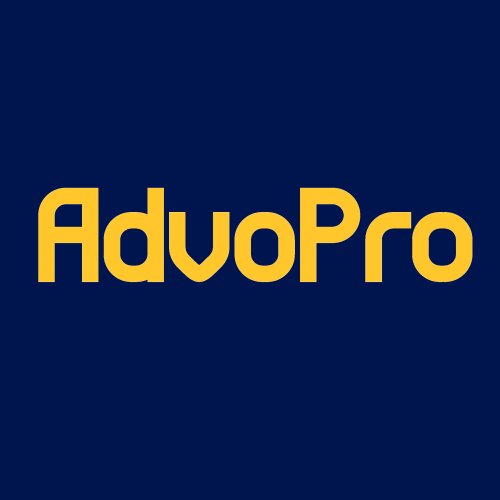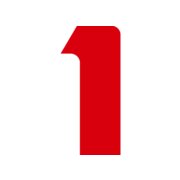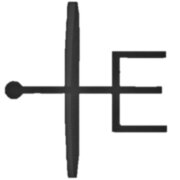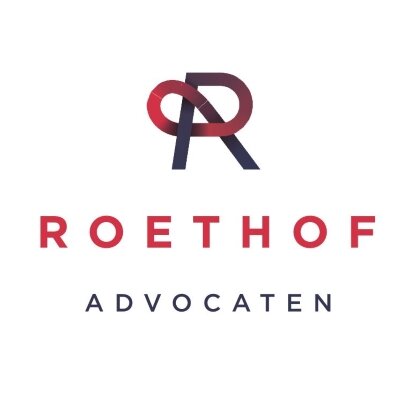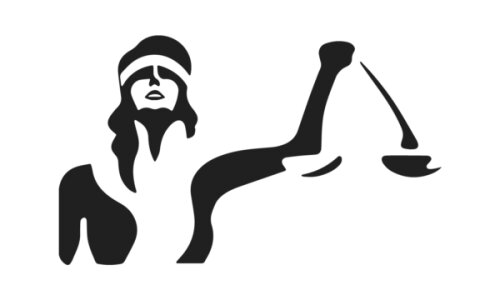Best Commercial Litigation Lawyers in Netherlands
Share your needs with us, get contacted by law firms.
Free. Takes 2 min.
Or refine your search by selecting a city:
List of the best lawyers in Netherlands
Netherlands Commercial Litigation Legal Articles
Browse our 1 legal article about Commercial Litigation in Netherlands written by expert lawyers.
- Netherlands Commercial Court Guide for Global Disputes
- The Netherlands Commercial Court (NCC) is a specialized chamber of the Amsterdam District Court that conducts all proceedings entirely in English. To access the NCC, parties must actively "opt-in" through a written agreement or a specific forum selection clause in their contract. The court applies Dutch civil law or any... Read more →
About Commercial Litigation Law in Netherlands
Commercial litigation in the Netherlands refers to legal disputes arising from commercial activities and contractual relationships between businesses or between businesses and individuals. It encompasses a broad range of issues, including breach of contract, disputes over payments, commercial property conflicts, shareholder disagreements, and issues involving mergers, acquisitions, and insolvency. Litigation can be resolved through court proceedings or via alternative dispute resolution methods, such as mediation or arbitration. The Dutch legal system is known for its efficiency, transparency, and emphasis on attempting to resolve matters amicably before proceeding to court.
Why You May Need a Lawyer
Legal counsel is often essential in commercial litigation cases due to their complexity and potential financial impact. Common situations where you may need a commercial litigation lawyer in the Netherlands include:
- Breach of contract by a business partner or client
- Disputes over unpaid invoices or claims for damages
- Issues with business mergers, takeovers, or restructurings
- Conflicts between shareholders or board members
- Insolvency or bankruptcy procedures involving commercial entities
- Intellectual property disputes related to trademarks, patents, or copyrights
- Disagreements with suppliers, distributors, or commercial agents
- Enforcement of foreign judgments or arbitral awards in Dutch courts
A specialized lawyer will guide you through the process, protect your rights, help gather evidence, and strive to achieve the best possible outcome, whether through negotiation, mediation, or court litigation.
Local Laws Overview
The Netherlands has a civil law system based on written statutes and codes. Commercial litigation is primarily governed by the Dutch Civil Code (Burgerlijk Wetboek) and the Dutch Code of Civil Procedure (Wetboek van Burgerlijke Rechtsvordering). Important aspects include:
- Contract Law: Dutch contract law emphasizes the freedom of contract but provides regulations concerning validity, enforcement, and remedies for breach.
- Jurisdiction: Dutch courts have jurisdiction if the dispute has a significant connection to the Netherlands, often outlined by jurisdiction clauses in contracts or prescribed by European or international regulations.
- Procedural Requirements: Commercial litigation usually begins with the filing of a writ of summons. Both parties exchange written arguments (statements of claim and defense), followed by oral hearings.
- Remedies: Available remedies include damages, specific performance, annulment of a contract, or injunctive relief.
- Costs: Litigation costs are generally awarded to the prevailing party, but actual costs recovered tend to be modest compared to real legal expenses.
- Appeals: Decisions of the district courts may be appealed to the courts of appeal, and ultimately to the Supreme Court (Hoge Raad) on points of law.
Alternative dispute resolution, especially mediation and arbitration, is also widely used for commercial disputes, and Dutch courts may refer parties to such procedures if considered appropriate.
Frequently Asked Questions
What kinds of disputes fall under commercial litigation in the Netherlands?
Most disputes arising from business or trade activities, including breach of contract, supply chain issues, shareholder conflicts, insolvency matters, and disputes involving commercial property, are considered commercial litigation.
How long does a commercial litigation process usually take in the Netherlands?
The duration varies depending on the complexity of the case. Straightforward cases can be resolved within several months, while more complex disputes may take a year or more, especially if they progress through appeals.
Can parties settle their dispute out of court?
Yes, parties are encouraged to seek settlement or use alternative dispute resolution methods such as mediation or arbitration before or during court proceedings.
Are court hearings public?
Most hearings are public, but the court can order confidentiality in sensitive cases, especially if business secrets are involved.
Do I need to attend court hearings in person?
Physical attendance may be required for oral hearings, but in some cases it is possible to participate remotely or have a lawyer appear on your behalf.
Can I litigate in English?
Dutch is the official language of the courts, but the Netherlands Commercial Court in Amsterdam allows litigation in English for international commercial disputes.
What are the typical costs involved in commercial litigation?
Costs include court fees, lawyer's fees, and expert witness fees. While the losing party may be ordered to pay some or all of the winning party's court costs, full reimbursement is rare.
How do I enforce a foreign judgment in the Netherlands?
Foreign judgments may be enforceable if there is a treaty or regulation in place, such as Brussels I Recast within the EU. Otherwise, exequatur proceedings may be necessary.
Is there a time limit to start a commercial litigation case?
Yes, most claims must be filed within specific limitation periods, which vary depending on the nature of the dispute but are usually between two and five years.
What happens if the parties reach a settlement during litigation?
If the parties reach a settlement, the case can be withdrawn or concluded by a court-approved settlement agreement (vaststellingsovereenkomst), which may then be enforceable as a judgment.
Additional Resources
If you seek further information or support regarding commercial litigation in the Netherlands, consider these resources:
- The Netherlands Bar Association (Nederlandse Orde van Advocaten): Provides directories of registered lawyers and information on finding legal assistance.
- Ministry of Justice and Security: Offers information about the Dutch legal system and court structures.
- Netherlands Enterprise Agency (Rijksdienst voor Ondernemend Nederland): Provides guides for entrepreneurs, including legal obligations and dispute resolution.
- Dutch courts (Rechtspraak): Offers details about court procedures and case law.
- Netherlands Arbitration Institute: For information about arbitration as an alternative to court proceedings in commercial disputes.
Next Steps
If you are facing a commercial dispute in the Netherlands, consider taking the following steps:
- Gather all relevant documents, contracts, correspondence, and evidence related to the dispute.
- Assess whether a direct negotiation or mediation with the other party is possible.
- Consult with a Dutch-qualified lawyer specializing in commercial litigation for tailored advice and an assessment of your case.
- If urgent action is required (such as preventing damage or enforcing a right), ask your lawyer about seeking a preliminary injunction.
- Keep track of deadlines and limitation periods to protect your rights.
- If you need assistance finding a lawyer, consider reaching out to the Netherlands Bar Association or other professional organizations for recommendations.
Understanding your options and acting promptly can significantly increase the likelihood of a favorable outcome in commercial litigation in the Netherlands.
Lawzana helps you find the best lawyers and law firms in Netherlands through a curated and pre-screened list of qualified legal professionals. Our platform offers rankings and detailed profiles of attorneys and law firms, allowing you to compare based on practice areas, including Commercial Litigation, experience, and client feedback.
Each profile includes a description of the firm's areas of practice, client reviews, team members and partners, year of establishment, spoken languages, office locations, contact information, social media presence, and any published articles or resources. Most firms on our platform speak English and are experienced in both local and international legal matters.
Get a quote from top-rated law firms in Netherlands — quickly, securely, and without unnecessary hassle.
Disclaimer:
The information provided on this page is for general informational purposes only and does not constitute legal advice. While we strive to ensure the accuracy and relevance of the content, legal information may change over time, and interpretations of the law can vary. You should always consult with a qualified legal professional for advice specific to your situation.
We disclaim all liability for actions taken or not taken based on the content of this page. If you believe any information is incorrect or outdated, please contact us, and we will review and update it where appropriate.
Browse commercial litigation law firms by city in Netherlands
Refine your search by selecting a city.





